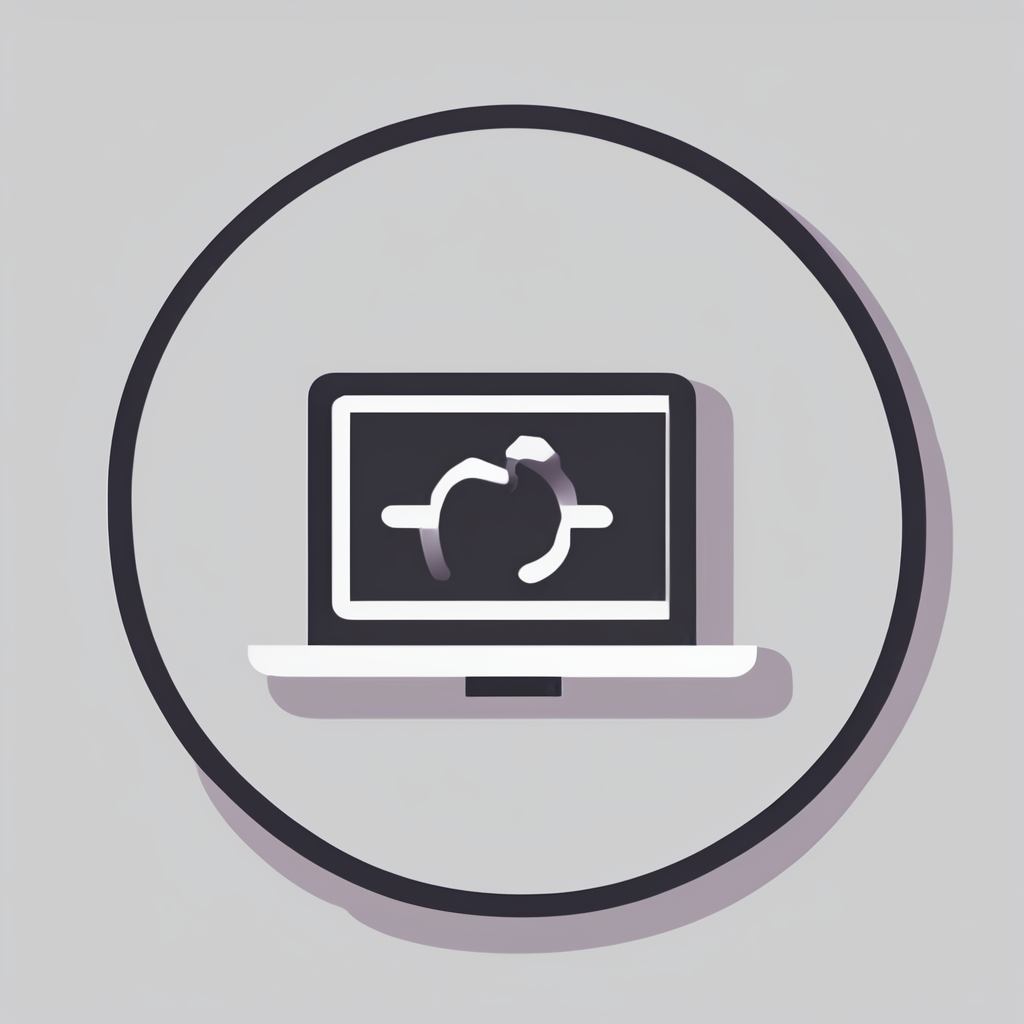Smartphones Accelerating Digital Transformation in the UK
Smartphones have become a cornerstone of digital transformation in the UK, fundamentally reshaping both economic sectors and everyday life. With a smartphone adoption rate exceeding 90% among UK adults, these devices are more than communication tools; they are gateways to a digitized society. This widespread penetration fuels UK digital technology trends, including mobile banking, e-commerce, and remote working, driving industries to innovate rapidly.
In key areas such as healthcare, finance, and retail, smartphones enable seamless access to services and data. For example, mobile health apps empower patients to manage their conditions remotely, enhancing medical outcomes and reducing costs. Meanwhile, businesses leverage smartphones to improve customer engagement through personalized experiences based on real-time data.
Additional reading : How Do Smartphones Influence Our Time Management Skills?
On a social level, the role of smartphones in UK society extends to cultivating connectivity and influencing digital behavior patterns. People increasingly rely on these devices for social networking, entertainment, news, and education, making smartphones a pivotal factor in how individuals interact with the digital world. This shift encourages the adoption of smart technologies and promotes continuous learning and adaptation among users.
Understanding the critical role smartphones play reveals why they are central to Britain’s path toward an interconnected, technologically advanced society.
Also to discover : What Are the Latest Smartphone Innovations Shaping the British Tech Scene?
Impact of Smartphones on UK Business and Economy
Smartphones have become a cornerstone of the digital economy UK, driving significant growth in mobile commerce UK. Their widespread adoption has transformed how businesses engage customers, facilitating instant transactions and opening new revenue streams. This surge in mobile commerce UK is not just a trend but a fundamental shift in buying behavior, enabling UK businesses to reach consumers more efficiently and responsively.
Incorporating smartphones into workplace operations has enhanced communication and productivity across various sectors. Employees can now access critical information on the go, use collaborative apps, and maintain continuous contact with teams and clients. This integration leads to faster decision-making and smoother project management, which are crucial in today’s fast-paced digital economy UK.
Several UK businesses exemplify how business innovation smartphones fuel transformation. For instance, retailers have developed smartphone apps that personalize shopping experiences and streamline checkout processes, while service industries use mobile platforms to optimize scheduling and customer interactions. These adaptations demonstrate the profound impact of smartphones on reshaping business models to thrive within the evolving market landscape.
Enhancing Public Services Through Smartphones
Smartphone technology is reshaping the way public services are delivered and accessed, particularly in the UK. The rise of digital public services UK has made government resources more accessible through intuitive, user-friendly mobile government apps. These applications empower citizens by providing convenient, on-the-go access to essential services without the need for physical visits or lengthy procedures.
In healthcare, technology in healthcare UK leverages smartphone applications to improve patient engagement and streamline service delivery. For example, patients can use mobile apps to book appointments, receive medication reminders, and access test results securely. This digital shift enhances communication between healthcare providers and patients, promoting proactive health management and reducing administrative burdens on medical staff.
Mobile government apps also play a crucial role in promoting digital inclusion, ensuring that a broader demographic can benefit from public services. By offering services like benefits applications, council tax management, and public transport updates directly on smartphones, government agencies increase efficiency and responsiveness. These tools help bridge the gap for users who might otherwise face barriers to traditional service access, fostering a more inclusive, connected society.
Societal Changes Driven by Smartphone Usage
Smartphones have profoundly reshaped UK society, impacting how information is accessed and how digital literacy develops. The widespread adoption of these devices has accelerated the pace at which citizens engage with technology, encouraging continuous learning and adaptation. As a result, technology adoption trends highlight a significant shift toward mobile-first lifestyles, where accessing news, educational content, and social platforms is predominantly done via smartphones.
This transformation enhances digital literacy in the UK by exposing users to diverse digital tools and services. However, it also brings challenges, particularly in balancing technology use with maintaining meaningful social interactions. Patterns of learning and media consumption have evolved, with more people embracing online courses, podcasts, and streaming services accessible anytime on their smartphones.
Despite these advances, the smartphone impact on UK society also raises concerns about the digital divide. Urban areas often benefit from better connectivity and resources, while rural communities may face slower internet speeds and fewer digital literacy programs. Addressing this gap requires targeted initiatives to improve infrastructure and foster inclusive technology skills development, ensuring equitable access to the benefits smartphones bring across all regions.
Technological Advancements Shaping the Future
The 5G UK rollout is a cornerstone of the next phase in mobile connectivity. By offering significantly faster speeds and lower latency, 5G infrastructure enables a new class of digital services. This upgrade isn’t just about faster downloads; it’s about supporting mobile app innovation that demands real-time responsiveness and vast data handling capacity.
With 5G, developers can create apps that enhance augmented reality (AR), virtual reality (VR), and the Internet of Things (IoT). This probability is a game-changer for industries ranging from healthcare to entertainment. The future of smartphones lies in their ability to become hubs for these high-bandwidth services, deeply integrating with daily life and work.
The UK digital landscape will increasingly rely on 5G to transform everything from smart cities to personalized mobile experiences. Experts predict that phones will no longer be mere communication tools; instead, they will serve as platforms orchestrating a seamless digital ecosystem. This redefines how users interact with technology, making the UK a leading market for smartphone-driven digital transformation.
